1. First African Nobel Laureate in Literature
In 1986, Wole Soyinka made history as the first African to be awarded the Nobel Prize in Literature, recognised for his work that “in a wide cultural perspective and with poetic overtones fashions the drama of existence”.
2. Full Name and Yoruba Heritage
His full name is Akinwándé Olúwo̩lé Babátúndé Sóyinká, and he was born on 13 July 1934 in Abeokuta, Ogun State, into a Yoruba family rich in cultural and spiritual heritage.
3. Primary and Secondary Education in Nigeria
Soyinka attended St. Peter’s Primary School in Abeokuta, followed by Abeokuta Grammar School, before completing secondary school at Government College, Ibadan—one of Nigeria’s most prestigious institutions.
4. University Education in Nigeria and the UK
He began his tertiary studies at University College Ibadan (now the University of Ibadan), where he studied English Literature, Greek, and Western history. He later transferred to University of Leeds in the United Kingdom, where he earned his degree in English Literature.
5. A Leading Voice in African Drama
Soyinka is considered a pioneer of modern African drama, known for fusing traditional Yoruba theatrical forms with Western dramatic structures, especially in works like Death and the King’s Horseman and The Lion and the Jewel.
6. Academic Appointments Around the World
He has taught at numerous prestigious institutions, including Obafemi Awolowo University, University of Ibadan, Emory University, Cornell University, and Harvard University. His lectures have inspired countless students across the globe.
7. Author of Over 30 Books
Soyinka has written more than 30 works including plays, poetry, novels, memoirs, and essays, many of which are central texts in African, postcolonial, and world literature curricula.
8. Arrested for Political Activism
In 1967, during the Nigerian Civil War, Soyinka was imprisoned for 22 months without trial, after attempting to broker peace. He spent most of his detention in solitary confinement—a harrowing experience later detailed in his memoir The Man Died.
9. Outspoken Human Rights Advocate
Soyinka has consistently used his voice and platform to defend democracy, human rights, and social justice, speaking out against military regimes, corruption, and tyranny.
10. Devoted to Yoruba Philosophy and Religion
His literary works often reflect deep engagement with Yoruba cosmology, religion, and oral traditions, making his writings invaluable for educators exploring African spirituality and indigenous knowledge systems.
11. Founded the Pyrates Confraternity
In 1952, while at the University of Ibadan, he co-founded the Pyrates Confraternity, a non-violent student organisation committed to fighting elitism, injustice, and colonial mentality.
12. Notable Playwright and Director
Soyinka has directed several of his own plays and those of other writers. His command of stagecraft and storytelling is evident in his ability to address complex themes through performance.
13. Passionate about Language and Linguistic Identity
He has been a strong advocate for the preservation and promotion of African languages and linguistic identities, often integrating Yoruba and other African expressions into English texts.
14. Memoirs that Chronicle Nigeria’s History
His autobiographical works such as Aké: The Years of Childhood and You Must Set Forth at Dawn offer rich historical accounts of colonial and postcolonial Nigeria, making them essential reading for educators in African Studies.
15. Influence on Postcolonial Thought
Soyinka’s writings are key texts in postcolonial studies, tackling themes of colonial legacy, cultural imperialism, and national identity—topics that continue to shape academic discourse globally.
16. Critic of Religious Extremism
He has consistently warned against the dangers of religious fanaticism and fundamentalism, advocating for secular governance and peaceful coexistence among Nigeria’s diverse faiths.
17. Global Recognition and Honorary Degrees
Soyinka holds numerous honorary doctorates from universities worldwide including Harvard, Yale, and Oxford, recognising his contributions to literature, philosophy, and the arts.
18. Environmental and Cultural Preservationist
He founded the Wole Soyinka Foundation and has supported environmental causes and cultural preservation efforts, especially in Nigeria’s endangered forest reserves and heritage sites.
19. A Symbol of Intellectual Resistance
His life and work embody the power of the written word as resistance, inspiring generations of educators, writers, and activists to stand for truth and justice even in the face of repression.
20. Still Writing, Speaking, and Inspiring at 91
At 91 years old, Wole Soyinka continues to write, lecture, and engage in public discourse, proving that intellectual vitality and civic commitment do not diminish with age.
Conclusion, for every educator, Professor Wole Soyinka is more than a literary icon—he is a living legacy. His journey offers vital lessons on the interplay between literature, politics, culture, and education. As he marks his 91st birthday, we celebrate not only his longevity but the enduring relevance of his voice.
Happy Birthday, Prof!





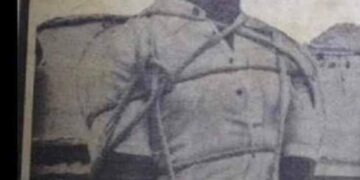
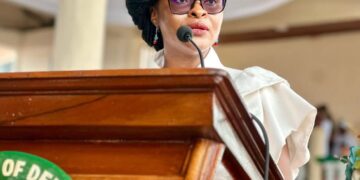























































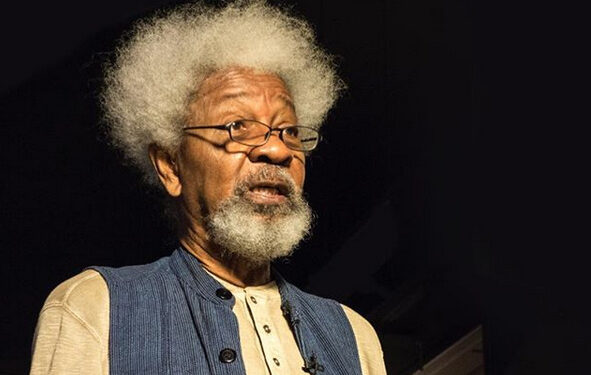





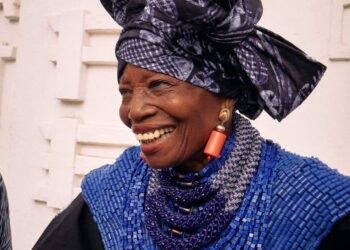

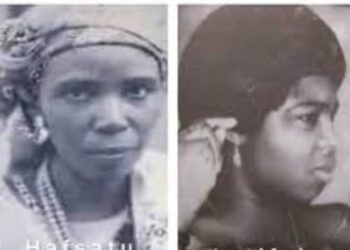

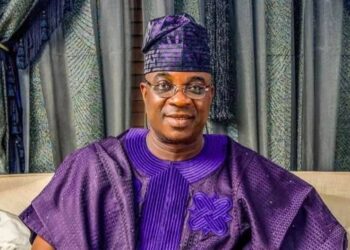










 EduTimes Africa, a product of Education Times Africa, is a magazine publication that aims to lend its support to close the yawning gap in Africa's educational development.
EduTimes Africa, a product of Education Times Africa, is a magazine publication that aims to lend its support to close the yawning gap in Africa's educational development.